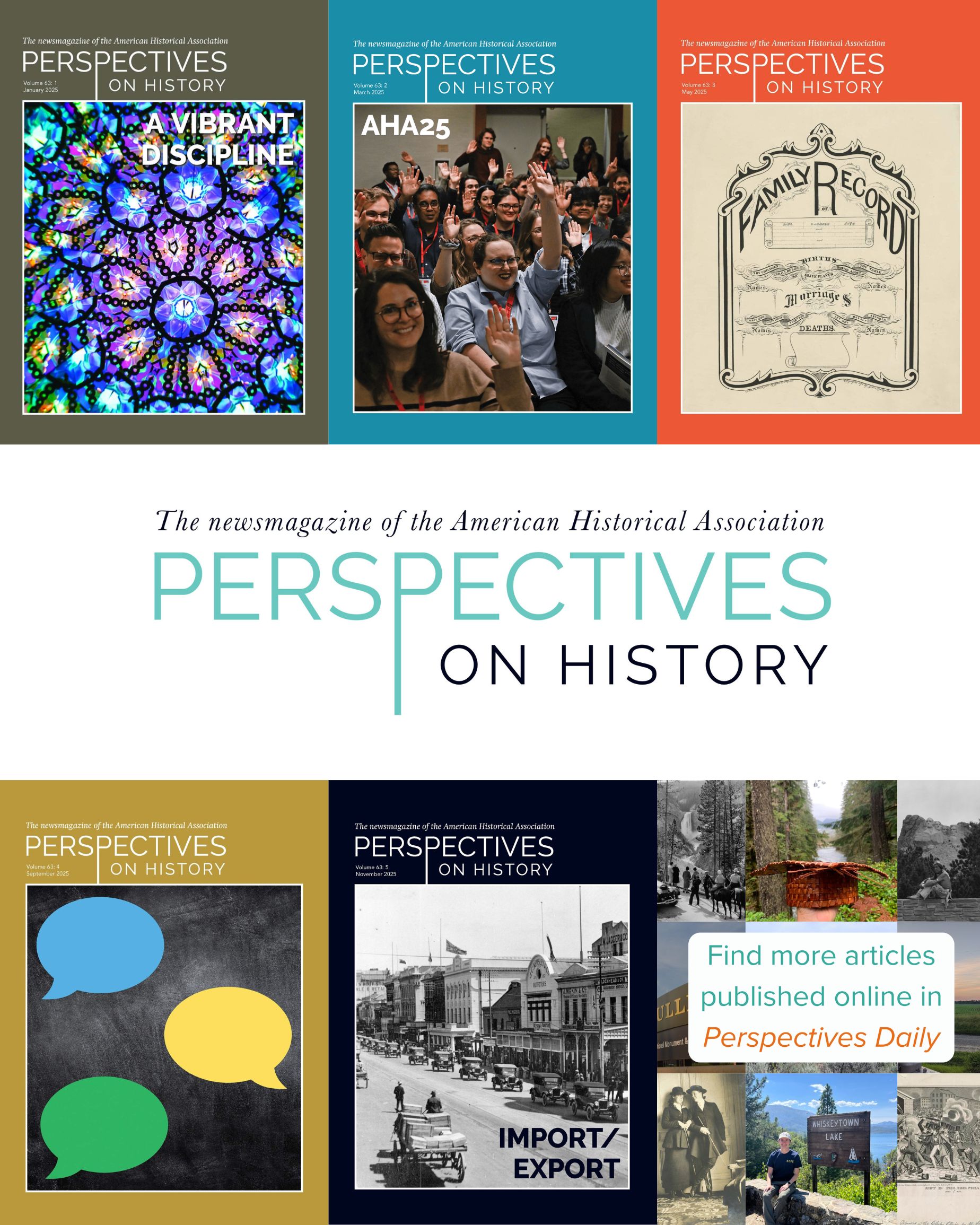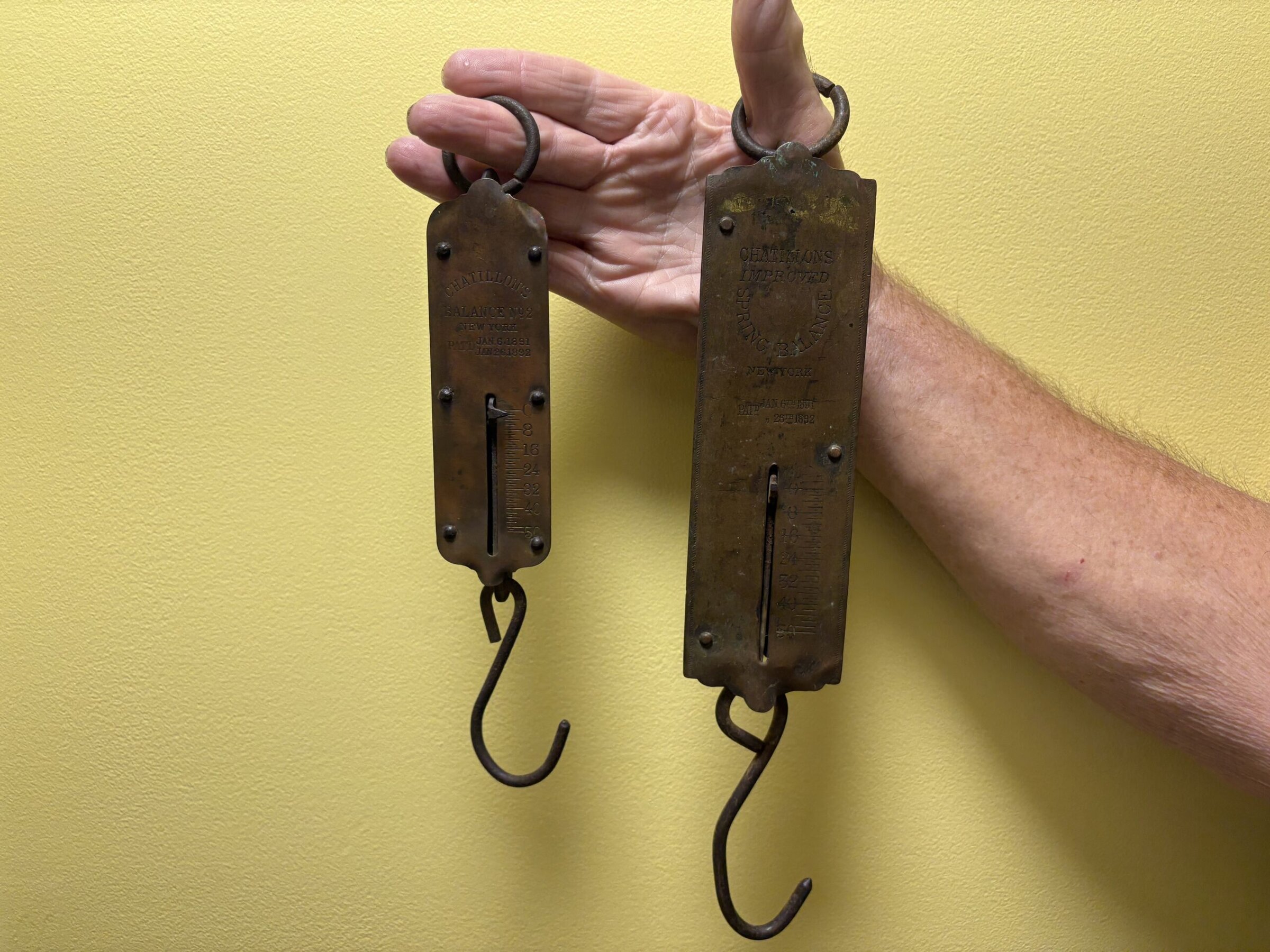Unlike some fields of history, those interested in the LGBTQ past do not have a regular annual or biannual meeting. Because of this, the Committee on LGBT History—the AHA affiliate organization for queer historians and those who study LGBT history—has been embedding a mini-conference into each annual meeting for several years. The 2016 meeting in Atlanta is no exception. The CLGBTH is sponsoring or endorsing a session in each and every time slot from Thursday through Sunday, January 7–10. For a subfield that is relatively young and formerly had very little representation on the annual meeting program, this is a real feat, representing the dynamic growth of our field in the last 20 years.
This year our sessions are grouped into two categories. Included in the first of these are panels explicitly addressing the AHA Program Committee’s 2016 theme, “Global Migrations: Empires, Nations, and Neighbors.” CLGBTH members put together seven sessions in a track called “Queer Migrations,” which begins in the first slot on Thursday afternoon with a session on historicizing trans* performance transnationally and ends on Sunday afternoon with a session on trans/national political identities and sexual citizenship. In other sessions, panelists will explore the role of queer sexuality and class in the history of travel and migration in West Germany and the United States; discuss queer politics, health, empire, and activism in the US military; and delve into the history of same-sex sexual commerce (rent boys, prostitutes, and hustlers) in Britain, Ireland, and Canada, in a panel co-sponsored by the North American Conference on British Studies.
Another panel, entitled “Moving People,” will offer four papers on the ways that queer performers, sexologists, and political activists harnessed transnational notions of queer identity or lived transnational lives in their work. A roundtable on Sunday morning will highlight sexuality and migration in urban spaces across the modern world. These seven panels all take seriously the AHA Program Committee’s focus on the relationship between empires and nations—and the people who lived and moved between them.
The second group of panels focuses on queer people in the historical profession and the labor of queer history itself. On Thursday afternoon, a group of panelists will present the AHA’s LGBTQ Historians’ Task Force Report in a session cosponsored by the AHA Professional Division. The panel includes Leisa D. Meyer, who chaired the task force and will speak about issues of campus climate, safety, and discrimination. Other panelists will focus on the teaching of LGBT history and the job market for specialists in queer history. Continuing in the vein of professional development, this year we present a roundtable session on publishing in queer history, featuring editors from the University of Chicago Press, NYU Press, the Journal of the History of Sexuality, and the Journal of Women’s History. The editors will speak about the acquisition and review process, plus discuss what they’re looking for in a book or article. Audience members will have plenty of time to ask questions.
In the wake of the landmark Supreme Court decision this past summer, Obergefell v. Hodges, which legalized same-sex marriage in the United States, we offer a session on Friday morning in which six historians of marriage will discuss their own research on American marriage’s past in light of the ruling. Participants will explore earlier contested marriages; prior gay, feminist, and African American challenges to marriage; and the declining significance of marriage in the modern world, even as the court affirms its centrality in the contemporary United States. Finally, on Friday the committee will hold its business meeting from 12:30 to 1:30 p.m., along with a reception co-sponsored by the Coordinating Council for Women in History that evening from 6:30 to 8:00 p.m., where we will award three prizes. All are welcome for the business meeting and the reception!
While attendees are welcome to pick and choose from all of these offerings, as they do with the program more generally, it is actually possible to attend only sessions in queer history for the entirety of the conference, making for a queer conference-within-a-conference. CLGBTH session-goers often find this inspires a collegiality and friendliness that can sometimes be hard to find at a gathering as large as the annual meeting, especially for first-time attendees. The Committee on LGBT History is excited about this year’s slate of panels and we look forward to seeing everyone in Atlanta!
is associate professor of history at the University of Northern Colorado and co-chair of the Committee on LGBT History.
This post first appeared on AHA Today.
This work is licensed under a Creative Commons Attribution-NonCommercial-NoDerivatives 4.0 International License. Attribution must provide author name, article title, Perspectives on History, date of publication, and a link to this page. This license applies only to the article, not to text or images used here by permission.


